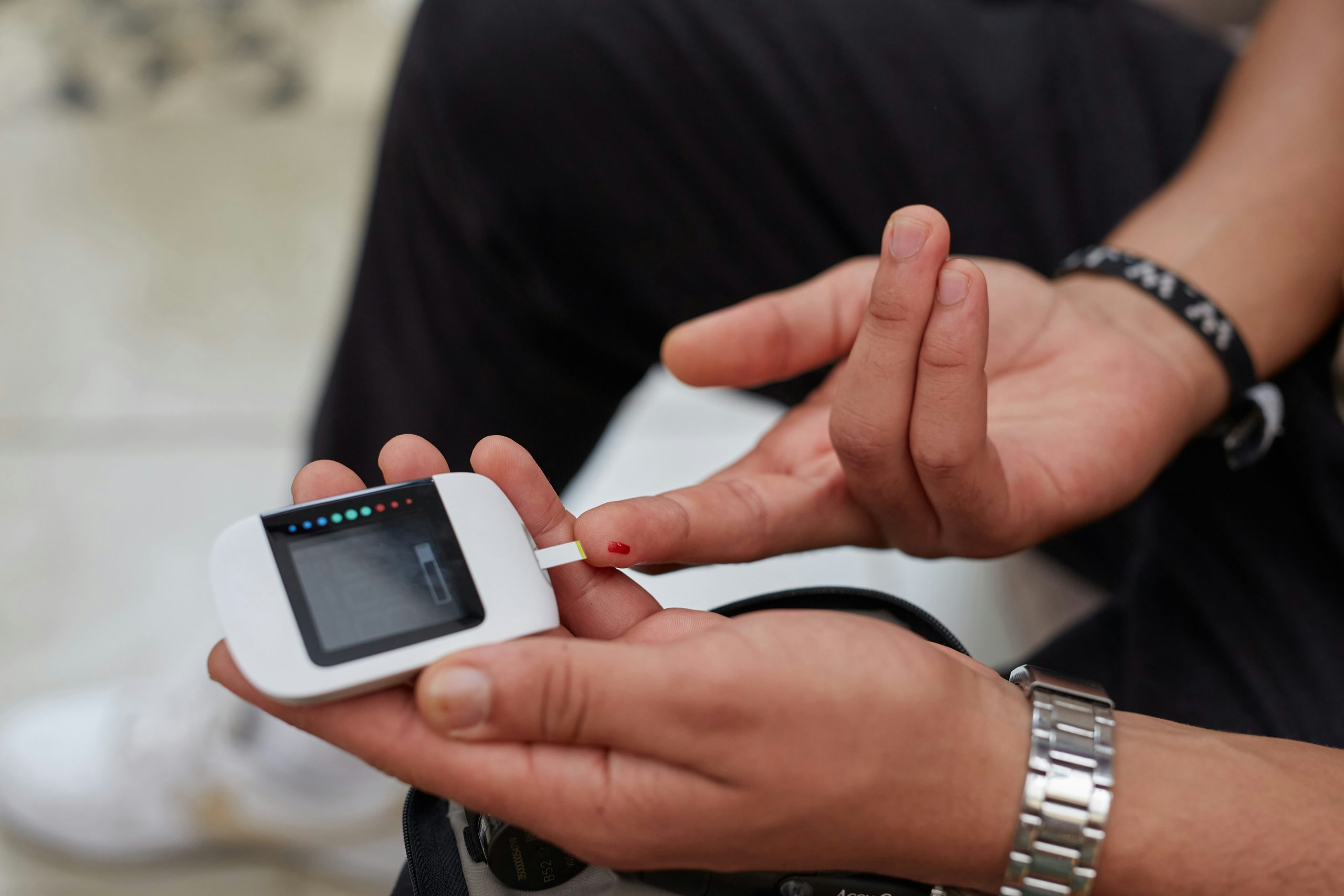1. The ‘Silent Organ,’ the Kidney
The kidneys act like a water purifier filter, filtering waste products from our body to be excreted as urine. They are often called a ‘silent organ’ because they often show no specific symptoms until more than 50% of their function is lost. Diabetic nephropathy also has no symptoms in its early stages.
2. How Diabetes Damages the Kidneys
– Hyperglycemia and Hypertension: Chronic high blood sugar and high blood pressure put continuous strain on the ‘glomeruli,’ the clusters of tiny blood vessels in the kidneys that act as filters.
– Glomerular Damage: This strain damages the glomeruli, causing the filter function to break down. As a result, protein (especially albumin), which should not normally pass through, begins to leak into the urine. This is known as ‘proteinuria.’
– Functional Decline: If this damage continues, it eventually leads to a state of ‘kidney failure,’ where the kidneys can no longer filter waste properly, potentially requiring dialysis or a kidney transplant.
3. The Importance of Early Detection
– No Early Symptoms: In the early stage, when only a small amount of protein is leaking, there are no physical symptoms. By the time symptoms like swelling or fatigue appear, kidney function has often already been significantly impaired.
– Regular Tests: Therefore, even without symptoms, anyone diagnosed with diabetes should undergo a regular ‘urine microalbumin test’ and a ‘blood creatinine test (to calculate the glomerular filtration rate)’ once a year. This allows for the early detection of kidney damage so that the progression of the disease can be slowed through aggressive blood sugar and blood pressure management.
Summary: Diabetic nephropathy is a ‘silent complication’ with no symptoms in its early stages. To prevent it from progressing to a serious condition, it is crucial to have regular kidney function tests every year, even in the absence of symptoms.


Leave a Reply